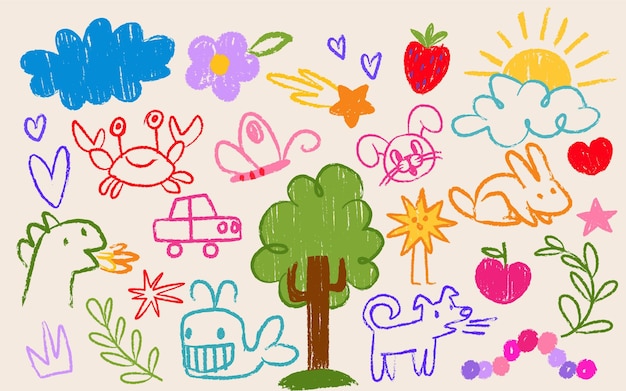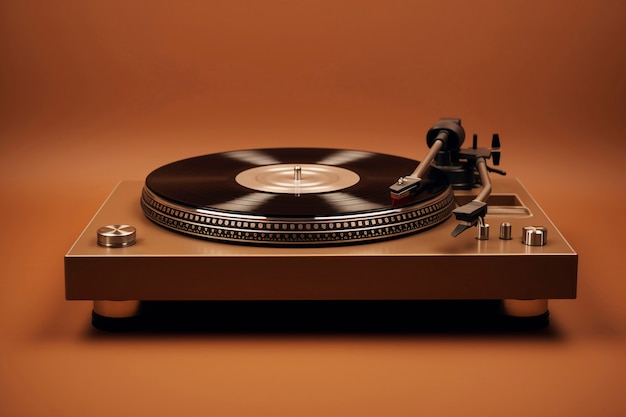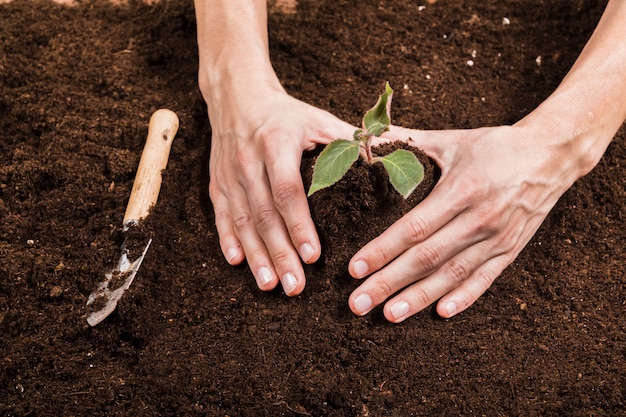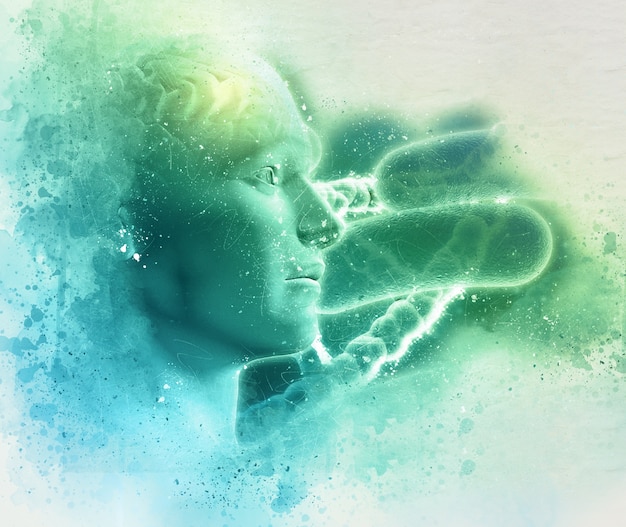Sometimes, what we once dismissed as a childhood pastime holds the secret to peace, purpose, and joy in adulthood.
Life moves fast. Responsibilities pile up. Careers evolve. Relationships shift. In the whirlwind of adulthood, many of us let go of the simple joys we once cherished—drawing, playing music, hiking, crafting, or even journaling. These activities, often labeled as mere distractions or luxuries, fade into the background. Yet, over time, a quiet longing can emerge. A sense of something missing. That emptiness may not be random—it could be the echo of a forgotten hobby calling to be rediscovered.
There’s growing evidence that revisiting old hobbies isn’t just nostalgic—it’s restorative. Psychology and neuroscience suggest that engaging in familiar, enjoyable activities from our past can reduce stress, boost mood, and even enhance cognitive function. More than that, these pursuits often reconnect us with core aspects of our identity that may have been buried under years of routine and obligation.
Hobbies are more than time-fillers. They are expressions of self. When we paint, write, garden, or play an instrument, we engage in acts of creation and presence. These activities often tap into a state of 'flow'—a psychological condition where time seems to disappear, and we become fully absorbed in what we’re doing.
For many, the hobbies they abandoned were among the few spaces where they felt truly free. Revisiting them can unlock buried emotions, memories, and even unmet needs. A person who once loved writing poetry as a teen might find that returning to it helps process complex feelings in midlife. Someone who used to tinker with old radios may rediscover a love for problem-solving and patience.

Society often conditions us to prioritize productivity over pleasure. As we grow older, we’re encouraged to focus on careers, financial stability, and family. Creative or recreational pursuits are frequently seen as secondary—or even frivolous. Many people abandon hobbies not because they lost interest, but because they felt they no longer had time or justification to engage in them.
The irony? These very activities can improve our performance in the very areas we prioritize. Studies show that regular engagement in creative hobbies reduces burnout, enhances focus, and improves emotional resilience. Taking time to garden, play music, or build models isn’t a distraction from a meaningful life—it’s a vital part of creating one.
Neurologically, revisiting familiar activities activates well-worn neural pathways. This can feel comforting and intuitive, like returning to a well-known path in the woods. The brain recognizes the pattern, and the body often responds with a sense of ease and competence.
Moreover, engaging in creative or physical hobbies releases dopamine and endorphins—neurochemicals linked to pleasure and motivation. This biochemical boost can be especially valuable during periods of stress, transition, or emotional fatigue. For adults navigating midlife changes, parenting challenges, or career shifts, returning to a forgotten hobby can serve as a stabilizing anchor.

Rediscovering a past passion doesn’t require mastery or large time commitments. Start small:
The goal isn’t perfection—it’s presence. Let yourself enjoy the process without judgment.
What we crave most—peace, connection, creativity, purpose—often isn’t found in chasing new trends or accumulating more. Sometimes, it’s hidden in the quiet corners of our past. A forgotten hobby might not just be a memory; it could be a blueprint for a more balanced, joyful life.
Whether it’s strumming a guitar, planting seeds, writing stories, or building models, these acts reconnect us with a version of ourselves that knew how to play, imagine, and simply be. In a world that constantly demands more from us, returning to what once brought us joy isn’t indulgence—it’s essential self-care.

Take a moment today to reflect: What did you love doing before life got busy? Can you find a way to bring a piece of it back? You might be surprised at how much it still has to offer. The past isn’t just behind us—it can be a compass pointing toward a more fulfilling present.

Wellness

Wellness

Wellness

Wellness

Wellness

Wellness

Wellness

Wellness

Health

Health

Wellness

Fitness

Health

Fitness

Health

Health